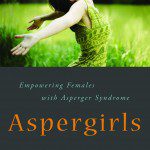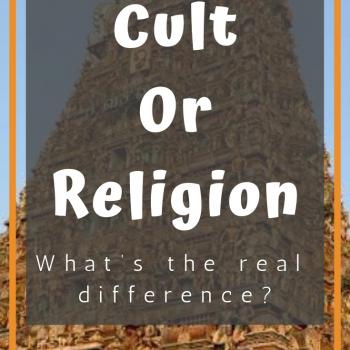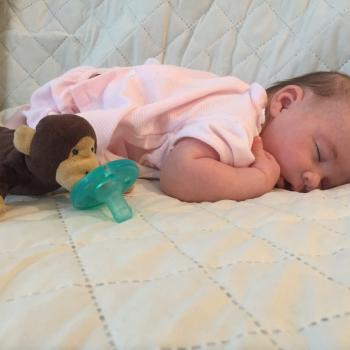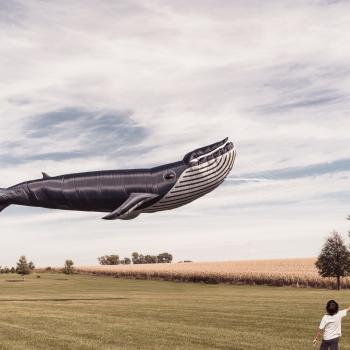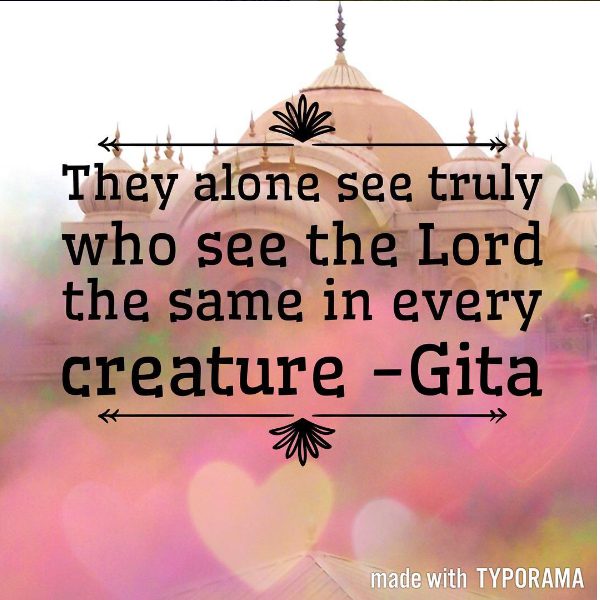I have a variety of interests and something my husband said the other day created a fascinating intersection of all of them.
He said that sometimes there is animosity towards transgender people who are transitioning from being male to being female for the reason that some find it insulting and disrespectful to go from a position of higher privilege to a position of lower privilege (or at least find it really mystifying as to why anyone would want to do that!)
In general men have more going for them in the world. They have an easier time getting jobs, get more raises, aren’t discriminated against based on whether they might want a family some day, are seen as heroes for helping out around the house rather than being expected to do more than half of housework and a variety of other advantages over women. These are not true all of the time or for all men, but in general it seems that there are some additional challenges in the world when you’re female.
That’s the very basis of the concept of privilege. While we all have challenges in life, there are categories we are in that make things easier or harder for us.
For example, for myself, being white gives me certain advantages. There are ways in which I am welcomed that people who are not white are not (and it shouldn’t be that way, but right now it is). There are ways in which I am excluded for my religion that people who are Christian in America are not. There are ways in which I have an easier time with access and resources because I am not visibly disabled.
But Brad mentioning this animosity about trading down privilege struck a chord for me.
We can see that kind of anger in several different kinds of communities of privilege (or lack of privilege in these cases).
I think in a way it makes sense to us why someone who is a woman and is frustrated with employer discrimination might want to be a man (though I don’t think that’s the motivation of people who are transgendered) or why someone who uses a wheelchair might want to change that so access and employment is easier or why someone who is not white might sometimes wish they were just so they could stop dealing with the big and little hits of racism every single day.
But when someone expresses a desire to go the other direction, we are stunned and sometimes we are offended.
- What about people who are men and would like to be women?
- What about people who are able bodied and feel that they are meant to be disabled?
- What about people who are white and feel a connection to non-white culture and community?
Let me explain that middle one for a moment. Disability rights is an important part of my life that you don’t often see here since it doesn’t always intersect with my religious life. It’s often shocking for people to learn that there are people who call themselves “transabled.” As with transgender people, they feel like the were born in the wrong body. They feel an extremely strong cognitive dissonance between what their body is and what they think it is supposed to be. Their inner vision of themselves involves being an amputee or being paralyzed or another specific disability. At times people who are transabled will go to incredible lengths to get the disability they feel they are supposed to have. At other times just using a wheelchair can ease the mental strain.
As you might imagine, people with these disabilities are often disgusted by people who feel a need to get that disability. For them it may have been a very difficult and unfortunate aspect of their life and they didn’t get to choose. Why would someone choose it? Should someone else have the right to choose something that they didn’t have any control over?
Also they worry how someone “playing with” their disability might cause society to change the way it sees people with disabilities in a negative way. Does someone “pretending” to be disabled get to speak for the disabled community? In a way his or her very existence is speaking for it as those who see him or her in day to day life don’t know that their disability was in some way “chosen.” (Most transabled would say that they didn’t choose it, they do have a disability, but it is in the brain and manifests as presenting a visible physical disability).
It’s difficult to wrap one’s mind around why someone would want to have a disability (no, it isn’t to scam the system and take advantage of programs for the disabled. That’s an entirely different kind of person!). But the fact is, we don’t have to understand how they feel. In reality their relationship with disability has nothing to do with anyone else’s relationship with disability. It isn’t an insult to people who got that disability by accident, trauma, or birth. It has nothing to do with them and their experience of it.
Of course I recognize myself here too. I am someone who would give away her white privilege if she could. I would trade my advantages for being white in order to more easily fit into my religious identity.
And hearing that people will often rage that I don’t know what it’s like, I can’t know what it feels like not to have that privilege. They are right. I don’t know how my life would change if my skin color were darker. Perhaps it offends because it is the people with more privilege who tend to be the ones who have a choice. Can those with less decide to get more? Generally not.
But I can’t help wondering about our desires to pick and choose our privileges and why it’s anyone’s business whether you’d choose less privilege in your own life if you could.
To me it seems like rather than scorn those who willingly give up privilege, we should be working on leveling the field and making privilege a thing of the past.
Rather than being disgusted at someone who feels a need for a disabled life, what if we could create a world where there was nothing shameful or bad about being disabled? Where people who have disabilities had all the support and resources they needed to function best in society? Would we still be disturbed then by someone choosing a disabled life?
What if people giving up privilege in their lives means they work hard to help to raise up the under-privileged community they have entered?
I wonder if it’s possible to get to a point where we see all different groups, races, communities as inherently equal and we are a part of them to the extent that it fits our lives, our beliefs, and what makes the most sense to us.
What a different place the world would be if someone wasn’t looked down on for using a wheelchair, or for having dark skin, or for wearing their hair natural. If none of these things were looked down on or disadvantaged, then moving between these communities as possible wouldn’t be an issue, right?
I’m not sure, but these are my thoughts where I’m at currently.
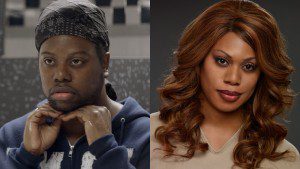
Further Reading:
Sean on Being Transabled (He is the one who coined the phrase and is the most visible person with this issue) (Unfortunately it seems that his main site, transabled.org, that provided so much wonderful information and insight into this condition has been taken down. I suspect because of the hateful and cruel responses that people often have to him and his story).

